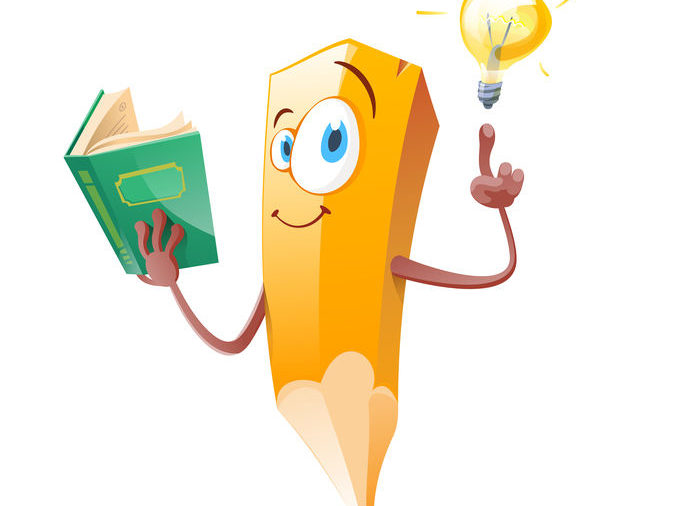If you write, whether seeking publication or already publishing, you’re a writer.
If you want to improve your writing skills, stop writing for now and read more. You may be slowing your future in writing by missing an essential step and that is to learn to read like a writer.
Reading like a writer is often glossed over or ignored because, well, it takes time away from writing. That seems wrong when we are trying to juggle a million things and write too.
I have seen far too many good writers never get past the honeymoon stage of writing (when everything is glorious and we love our golden words) because they don’t consider reading like a writer important or want to allot the time to learn the skill.
When I’ve talked this over in class or when giving workshops, some emerging have concerns, such as, “I can’t read publishing writing in my area because I know I’d steal their ideas.” So not true.
Because you are you, with specific incidents and interpretations of those experiences, you won’t do this, unless you copy and paste the exact writing of another. That’s called plagiarism and not what I’m talking about. We’re talking about reading the writing of leaders in your genre to learn formatting, style, content and professionalism.
As you read like a write, you must slow the speed of your writing and evaluate the writing. You can do this by asking questions like:
“What is the writer’s purpose?”
“Why do you like/dislike the structure and format?”
“Are the word choices appropriate?”
“Who is she writing for?”
“How effective is his use of language or reading level?”
“How clear is the writing?”
“Why was this piece of writing published?”
In nonfiction were there quotes from experts? Why was a person quoted? Does this publication always use specific types of experts, such as a psychologist or medical professional? If you query this kind of pub without stating that you’ll interview experts, chances are your work will be refused.
In fiction, ask yourself some questions as you read such as: Did description, drama, story arc and dialogue produce images and sketch characters, increase tension and move the story along? If not, why didn’t this work for you? What subplots were used? Were all the subplots reconciled before the end? Were the characters sympathetic or relatable?
In fiction and nonfiction, word choices are the tools of our trade and good writers takes these words and translate the complicated or unknowable situations so that we can understand and comprehend what they’ve written. By reading like a writer, you can evaluate if you’ll use the same concepts or methods.
Need added value? The more you read, the wider your vocabulary will become and you’ll know when to use five cent words or two-dollar ones. More so, you’ll develop a keen eye for self-editing. Editors want tight, well thought-out and interesting writing and reading like a writer will help you do just that.
Finally, here’s reading advice from my writing hero Dr. Seuss in “I Can Read with My Eyes Shut!” He said, “The more that you read, the more things you will know. The more that you learn, the more places you’ll go.”

This is just what I needed . Great questions to help in self-editing.
Thank you, Eva. I love this. I find that if I’m stuck, or trying to solve a writing problem, it is especially helpful to read with a view on how that author writes in relation to my issue. I kind of have a list of authors I check out for different things, or sometimes I’ll simply pick a book off the NYTimes Best Seller list and read. I remember you recommending this in class.
Thank you, Eva! This is timely as I am in submission mode. I am reading and re-reading my writing by day, and by night, I am reading familiar works by authors with similar writing voices. And then there is the reading and re-reading of the query that can reveal much.
from lat. manus – “hand” and scribo – “I write”) [1]